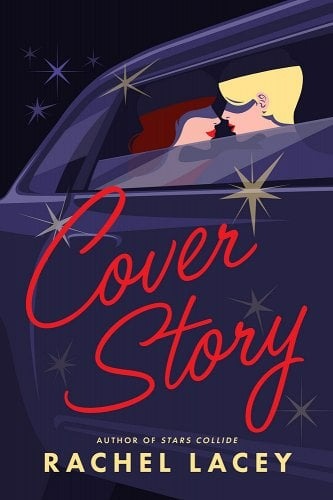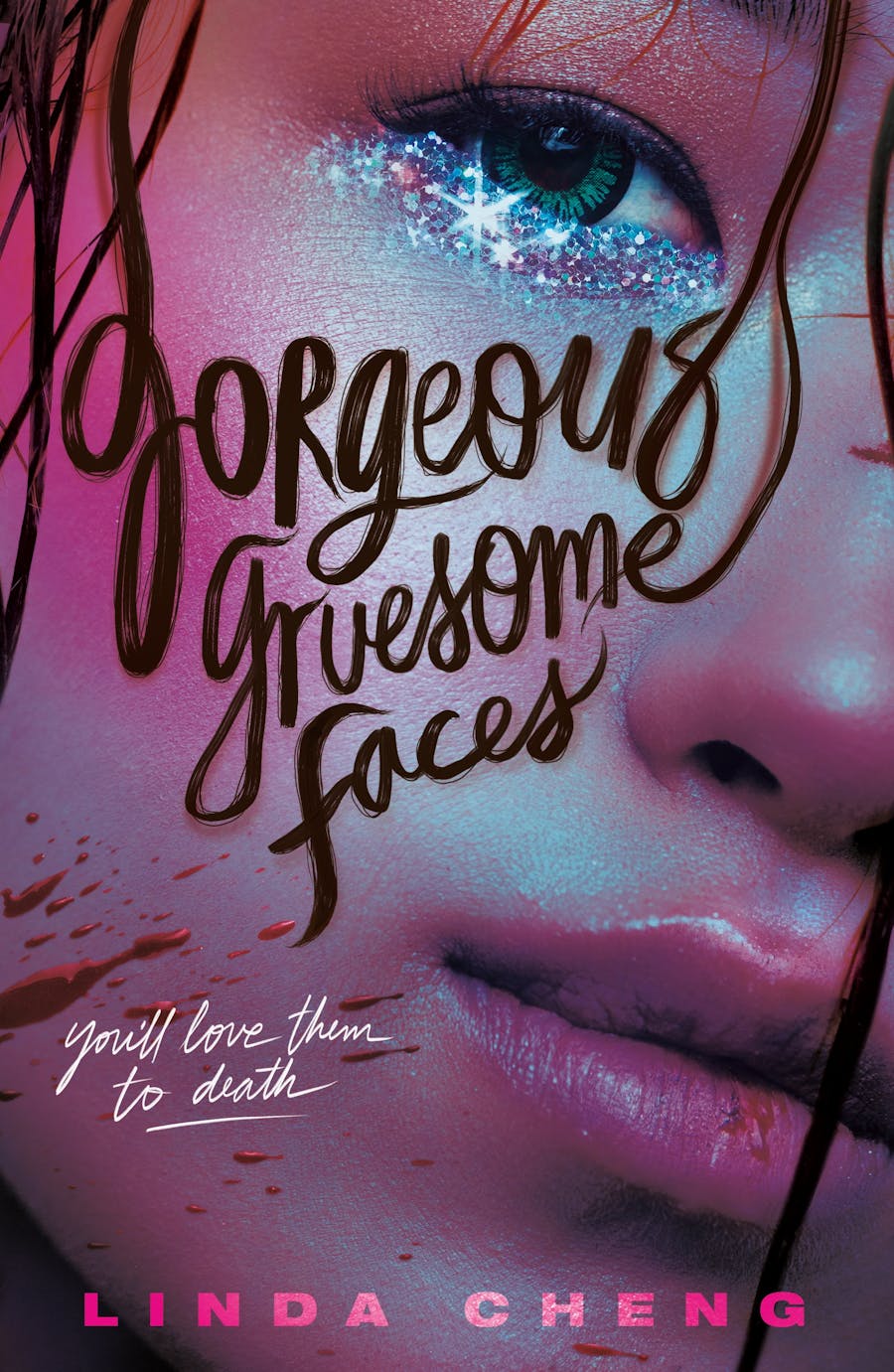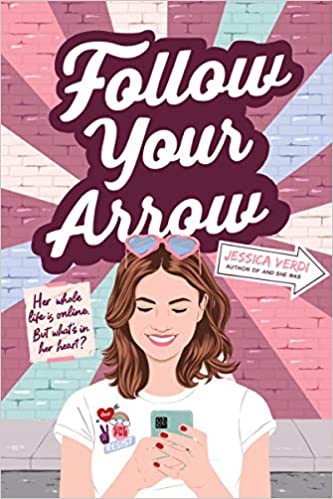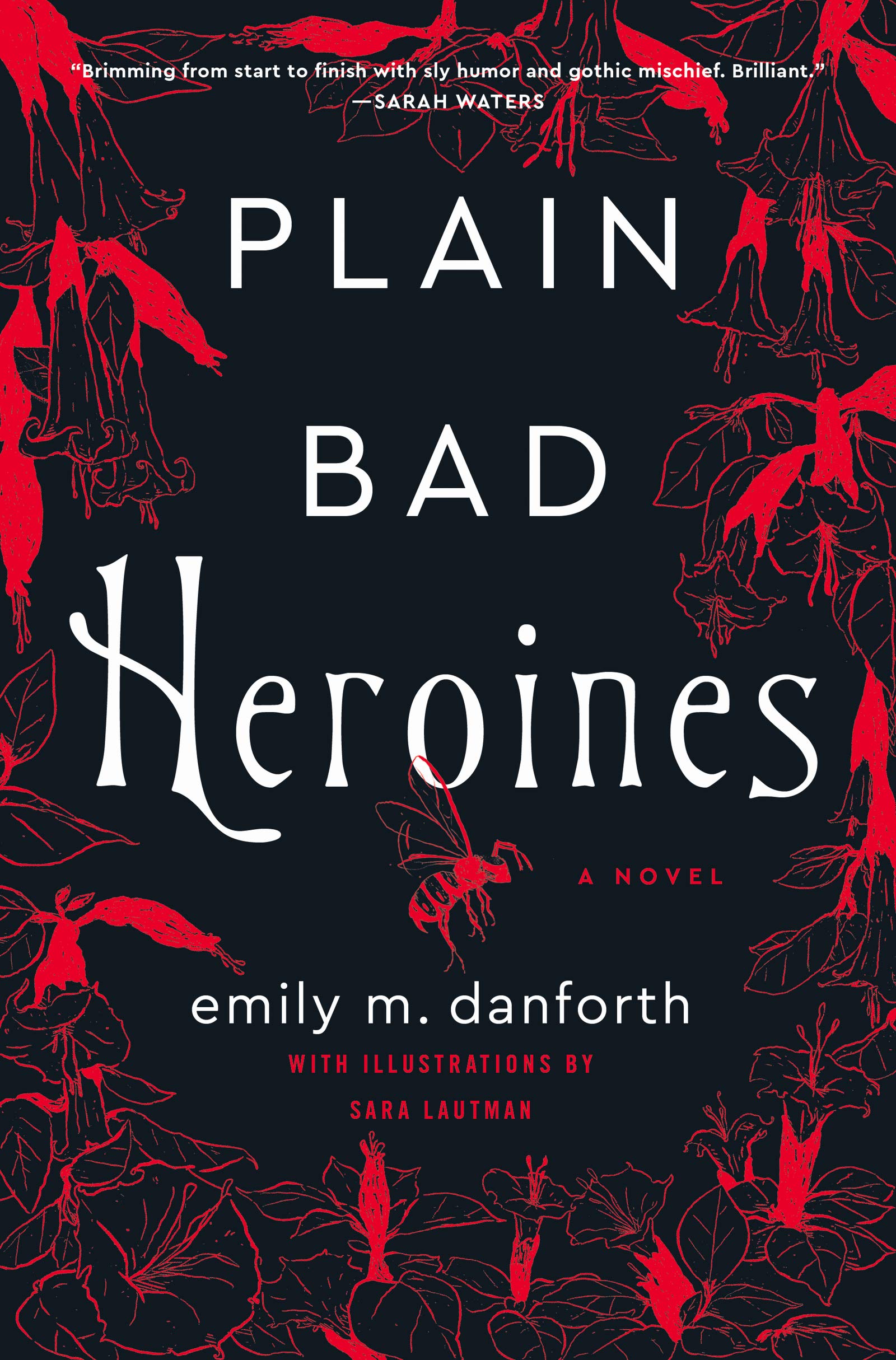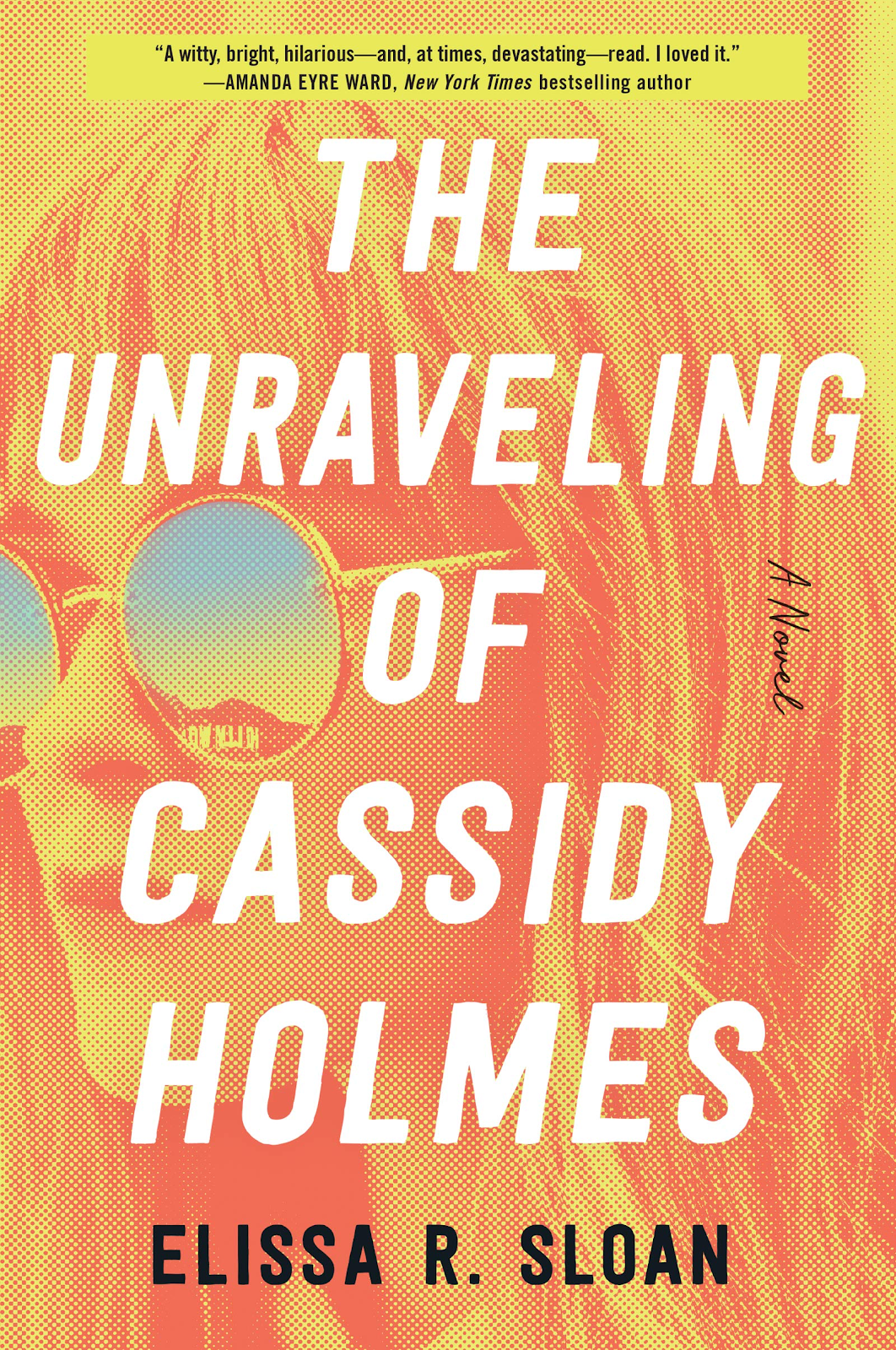Buy this from Bookshop.org to support local bookstores and the Lesbrary! I won’t be able to get through this review without mentioning The Seven Husbands of Evelyn Hugo, so let me get the comparison out of the way now. Like Evelyn Hugo, this cover likely doesn’t scream “queer story,” but it is—twice over, actually. LikeRead More
Healing Through Fake Dating: Cover Story by Rachel Lacey
Buy this from Bookshop.org to support local bookstores and the Lesbrary! Natalie Keane is one of Hollywood’s top leading ladies. Unfortunately, with fame comes unwanted attention, sometimes in the form of crazed fans turned stalkers. With award season approaching as the man who held her hostage gets released from prison, Natalie agrees to extra security.Read More
Awards Season, a Fake Relationship, and Healing from Trauma in Cover Story by Rachel Lacey
Buy this from Bookshop.org to support local bookstores and the Lesbrary! What does Rachel Lacey’s new novel Cover Story have in common with the second-highest grossing film of 1992, The Bodyguard? A lot. Or nothing at all. If you’ve seen The Bodyguard, Cover Story will definitely feel familiar. There really are only so many ways that a celebrity/bodyguard romance can go,Read More
Supremely Steamy Slow Burn: Losing Control by J. J. Arias
Amazon Affiliate Link For my first romance of 2024, I decided to read Losing Control by J. J. Arias. I had heard so many great things about this author (shout out to the Strictly Sapphic podcast) and knew that I really wanted to check her work out sometime. So when my friends gifted me aRead More
A Literal Love Song: Stars Collide by Rachel Lacey
Bookshop.org Affiliate Link “You’re more than your sexuality. So much more.” After her divorce, pop star sensation Eden Sands’ latest album lacked the spark fans and the industry have expected of her after 20 years. Meanwhile, Anna Moss, her fellow Grammy nominee, is beginning to rise, though people in the industry don’t take her asRead More
A Sapphic K-Pop Horrormance: Gorgeous Gruesome Faces by Linda Cheng
Buy this from Bookshop.org to support local bookstores and the Lesbrary! Content warnings for self-harm, homophobia, racism, sexism, suicide, violence, and gore. Sunny, Candie, and Mina were a young K-pop group on the rise, starring in a popular TV show that launched their career. That was before everything fell apart. Before Sunny and Candie turnedRead More
Danika reviews Follow Your Arrow by Jessica Verdi
Amazon Affiliate Link | Bookshop.org Affiliate Link CeCe and her girlfriend, Silvie, are social media stars. They have about a million followers each, and they are #RelationshipGoals. Their ship name is Cevie, and their lives online and off are intertwined. CeCe’s picture-perfect crafted persona begins to fall apart, though, when bickering with her girlfriend turnsRead More
Danika reviews Plain Bad Heroines by Emily M. Danforth
I finished this book back in November, but I have frankly been intimidated to review it. This is a big, twisty, ambitious novel that I’m still processing now, but I’m going to give it my best shot. I have been eagerly awaiting this book ever since I finished the last page of The Miseducation of CameronRead More
Maggie reviews Things Hoped For by Chencia C. Higgins
I picked up Things Hoped For at the beginning of the year, out of a list of f/f romance coming out this year, I believe. Or maybe Black romance authors? Perhaps Black LGBT authors. There were a lot of lists floating around Twitter in March/April, and I bought a lot of books, both to supportRead More
Carolina reviews The Unraveling of Cassidy Holmes by Elissa R. Sloan
I’m ashamed to admit I have always preferred boy bands to girl groups. I was a massive One Direction fan back in the day, and still have so much love for each of the boys (especially Harry <3). However, despite my unfamiliarity with the girl group/pop genre as a whole, when I saw The UnravelingRead More

